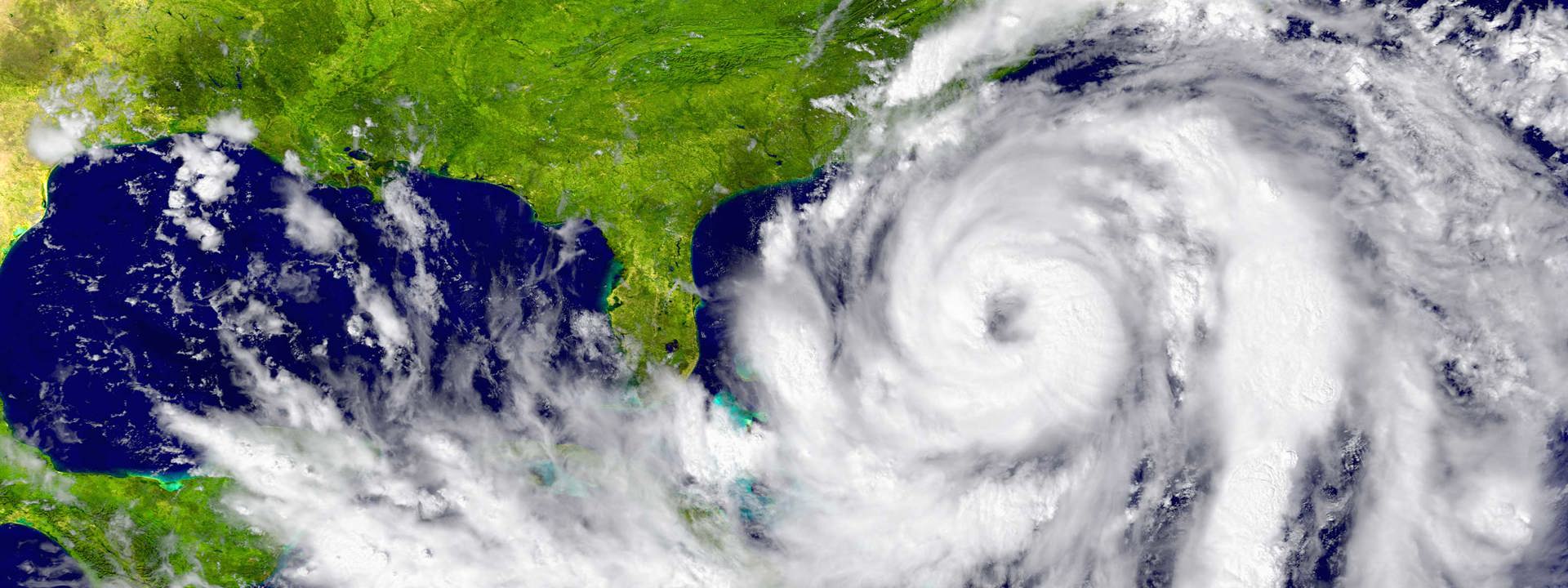QBE Re is in growth mode in US property cat, with a nuanced approach that’s designed to ensure our portfolio remains profitable and resilient through all market cycles.
We are setting a course to adjust our historically deliberate underweight position in the US reinsurance market to become a little more aligned with our market presence elsewhere in the world.
Our core focus is on peak-zone wind and earthquake, although that’s not to say we won’t contemplate other types of coverage or accommodate our core cedant needs where we can.
Secondary perils have been a major source of reinsurer malaise in recent times and have kept global first-half 2024 insured cat losses close to record highs. Aon’s first-half 2024 catastrophe report found that severe convective storms and floods in the US were the driver for almost 80% of the $58 billion in worldwide natural catastrophe insured losses over the period.
Catastrophe excess of loss reinsurance wasn’t typically designed to cover significant losses from more localised events such as hailstorms and tornadoes. What we have seen in recent times has been the attritional erosion of reinsurer earnings and the underperformance of the cat product more generally as a consequence of these risks being transferred on the scale they have been.
Investment in the modelling and understanding of secondary perils has really only recently begun to catch up with that of hurricane and earthquake. At QBE Re, we always build a bespoke view of risk for each cedant, which means where we do decide to take on secondary peril exposure we are able to articulate and quantify the price accurately. As an example, we never stopped assuming wildfire risk, even after the 2017 and 2018 years but we carefully underwrite this peril by selectively working with a handful of cedants that live and breathe their exposures and are highly focused on accumulation management.
This bespoke way of underwriting allows us to give credit to changes to the underlying portfolio if we don’t feel the vendor model is representing the changes correctly.
Outside of individual peril management, we have the technical underwriting ability to price almost any conceivable form of aggregate structure. However, as with secondary perils, we carefully monitor and limit the capacity we deploy in this product. Our underwriting bedrock is to ensure we capture the true underlying frequency of each peril, which the vendor models often underestimate.
Above all else, our approach to growth will be informed by our desire for more meaningful relationships with a focused number of cedants whose underwriting discipline is aligned with ours. Our cedant partners are now comprised of large nationwide carriers, super-regional and select large regional buyers. Where possible we will look to trade with people we can support across multiple lines of business.
We take pride in carefully communicating our appetite to cedants and brokers early, well before the renewal process gets underway. Our focus is to ensure our partners do not receive any unexpected or unpleasant surprises from us at the last minute. We try to be clear about the parameters within which we underwrite, the rate we require and the coverages we are able to provide. In short, we deliver on our commitments.
After several years of intense work, we are confident with the shape of our portfolio and see the US as an important engine of steady, controlled growth for QBE Re.
In the lead-up to 1.1, the property reinsurance market feels healthy and positive and there is every indication at this stage that ample retro capacity will be available to support it. Having said that, we are lucky to be part of a strongly capitalized group, and so are less dependent on the retro market capacity cycle than others, creating a smoother glide path to deliver on our ambitions over the long term.
QBE Re is looking to the future with confidence and relishes the chance to be a consistent, innovative and expansive risk partner.
Your contact
Your contact

Andy Richardson
Executive Director - Global Property


